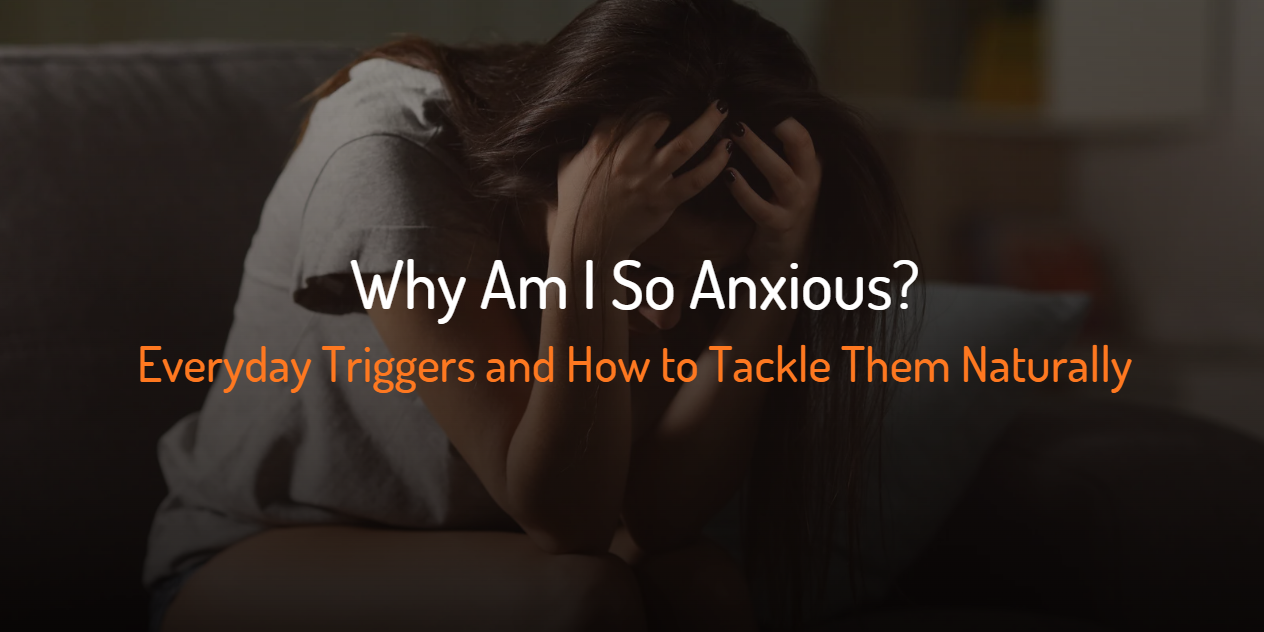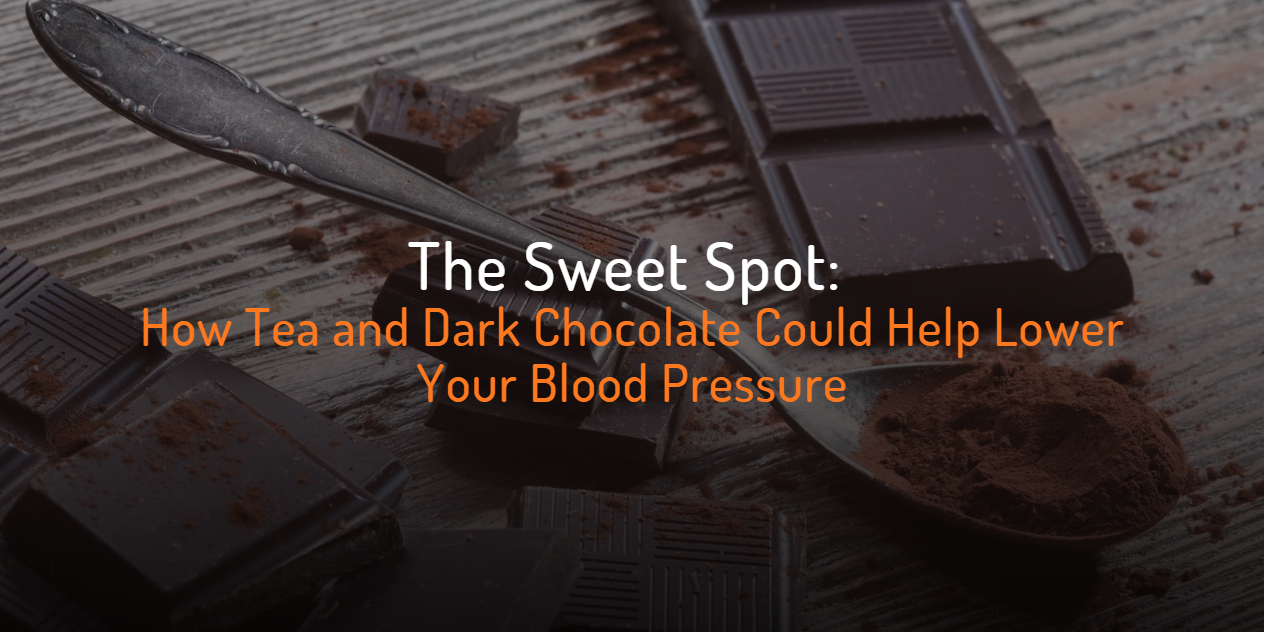

Chanel Willemse
General Manager
23 June, 2025
We’ve all been there—your heart races, your mind races even faster, and that creeping doom settles in. Anxiety shows up unannounced—during a crucial work presentation, without reason on a Monday morning, or after an awkward social exchange. But what’s really behind it? And how can you tackle it without resorting to drastic measures?
Let’s explore the everyday triggers that fuel anxiety and uncover practical, scientifically backed strategies to help you stay grounded, every day.
What’s Really Behind Anxiety?
Anxiety isn’t “just in your head”—it’s a full-body reaction, a response triggered when your brain perceives a threat. In small doses, it’s helpful: it keeps you alert and focused. But when it becomes chronic or seemingly unconnected to anything specific, anxiety stops being protective and starts being disruptive.
Here are some of the everyday drivers that can fuel anxiety—and what the science says about quietly reducing their impact.
1. Too Much Caffeine ☕
Your morning cup may be comforting, but for many, it also comes with increased heart rate, jitteriness, and restlessness—all symptoms that mimic or intensify anxiety.
Caffeine stimulates the central nervous system, increasing stress hormones like cortisol and adrenaline. According to a study, individuals with anxiety disorders are more sensitive to caffeine’s effects, experiencing worsened symptoms even at lower doses.
What to do:
- Limit intake to one or two cups per day.
- Avoid caffeine after 2 p.m.
- Try caffeine-free alternatives like rooibos or peppermint tea.
2. Poor Sleep
Anxiety and sleep are in a toxic relationship. Poor sleep impairs your brain’s emotional regulation, making you more sensitive to stress the next day. In turn, anxiety makes it harder to sleep.
Studies show that people with insomnia are 17 times more likely to suffer from clinical anxiety. Sleep deprivation also raises cortisol levels and increases amygdala activity—the part of your brain that handles fear responses.
What to do:
- Stick to a consistent sleep-wake cycle.
- Dim lights and wind down for 30–60 minutes before bed.
- Consider sleep-supporting foods like almonds, kiwi, or chamomile tea.
3. Nutrient Shortfalls
A growing body of research shows how nutritional deficiencies can impact brain chemistry and mood regulation.
For example:
- Magnesium helps regulate neurotransmitters that calm the nervous system.
- Vitamin B6 and B12 are essential for producing serotonin and GABA, two calming brain chemicals.
- Omega-3 fatty acids support brain structure and reduce inflammation, which is linked to anxiety.
What to do:
- Include magnesium-rich foods like leafy greens, seeds, and dark chocolate.
- Add fatty fish or flaxseeds to your meals.
- Consider a daily supplement that covers these essential nutrients.
4. Social Media Overload
It’s easy to lose an hour to scrolling—but all that screen time isn’t harmless. Social media fuels comparison, doomscrolling, and information overload, which overstimulate your nervous system and drain your mental energy.
A 2020 study found a strong correlation between high social media use and elevated anxiety levels in young adults.
What to do:
- Schedule social media breaks or digital detox days.
- Use apps that track or limit screen time.
- Replace scrolling with grounding activities like journaling or reading.
5. Unpredictable, Chronic Stress
Life’s curveballs—deadlines, finances, family drama—activate your stress response. If you don’t reset regularly, your nervous system stays in “fight or flight” mode.
Over time, this leads to heightened cortisol levels, fatigue, mood swings, and—you guessed it—more anxiety.
What to do:
- Practise deep breathing (4-7-8 method).
- Try mindfulness, progressive muscle relaxation, or guided meditations.
- Journal your thoughts to release mental clutter.
Recognise Your Anxiety Pattern
Not all anxiety looks the same. Identifying your unique pattern can help you anticipate triggers and feel more empowered.
Common types include:
- Generalised Anxiety: Constant worry, restlessness, “what if” spirals.
- Social Anxiety: Fear of judgment, avoidance of group settings.
- Panic Attacks: Sudden episodes of intense fear, racing heart, dizziness.
- Health Anxiety: Fixation on symptoms or medical “what-ifs.”
Try this:
Track your mood, sleep, food, and stress levels in a journal or app for two weeks. You may start to notice patterns—like anxiety flaring after poor sleep, conflict, or skipped meals. These insights are gold.
Your Natural Anxiety Toolkit
You don’t need a full lifestyle overhaul. Start with simple daily tools that help nudge your nervous system back toward balance.
1. Breathwork
Deep breathing activates the parasympathetic nervous system, slowing heart rate and lowering stress hormones.
Tool: The 4-7-8 method (inhale 4, hold 7, exhale 8). Do this for 1–3 minutes during moments of tension.
2. Movement
Exercise is a proven stress-reducer. It boosts endorphins and helps use up excess cortisol.
Tool: 20 minutes of walking, yoga, or dancing daily.
3. Nutrition
Support brain health and energy with:
- Nuts and seeds for magnesium
- Oily fish for omega-3s
- Berries and greens for antioxidants
Tool: Keep calming snacks on hand—like a banana with almond butter, or trail mix with pumpkin seeds and dark chocolate.
4. Adaptogens
Adaptogens are herbs that help regulate your body’s stress response. Ashwagandha, for example, is well-studied for reducing anxiety, cortisol, and insomnia.
Tool: Consider adding a supplement with ashwagandha or drinking calming herbal teas with rhodiola, tulsi, or lemon balm.
Subtle Support Through Nutrition
You don’t need a cabinet full of trendy powders and pills to feel calmer and more in control. Often, the biggest difference comes from consistently giving your body the foundational nutrients it needs — especially when those nutrients are matched to your lifestyle.
At Vitamin Club, we create personalised vitamin packs based on your age, gender, and diet — making it easy to support your nervous system without the guesswork.
Nutrients like:
- Magnesium, for muscle relaxation and stress resilience
- Vitamin B6 and B12, to support mood-regulating neurotransmitters like serotonin and GABA
- Omega-3s, for brain function and emotional balance
- Vitamin D, which plays a crucial role in managing mood and energy
are all part of the formulations we deliver daily in your custom pack. While no supplement can replace lifestyle changes, a consistent, well-rounded nutritional base can support your body’s ability to stay calm under pressure — gently working in the background, every day.
Ready to find out what your body might be missing? Take the Vitamin Club Quiz to discover the nutrients that best match your unique needs.
Final Thoughts: Finding Calm Is Possible
Anxiety isn’t your fault, and it’s not all in your head. It’s a real, biological response to real (and sometimes modern) stressors.
But the path to calm isn’t about eliminating stress altogether—it’s about building your resilience to it.
With a better understanding of your triggers, small daily shifts, and nourishing support for your mind and body, you can take back your power. You don’t need to wait until anxiety disappears to live your life—you just need the tools to meet it with confidence.

